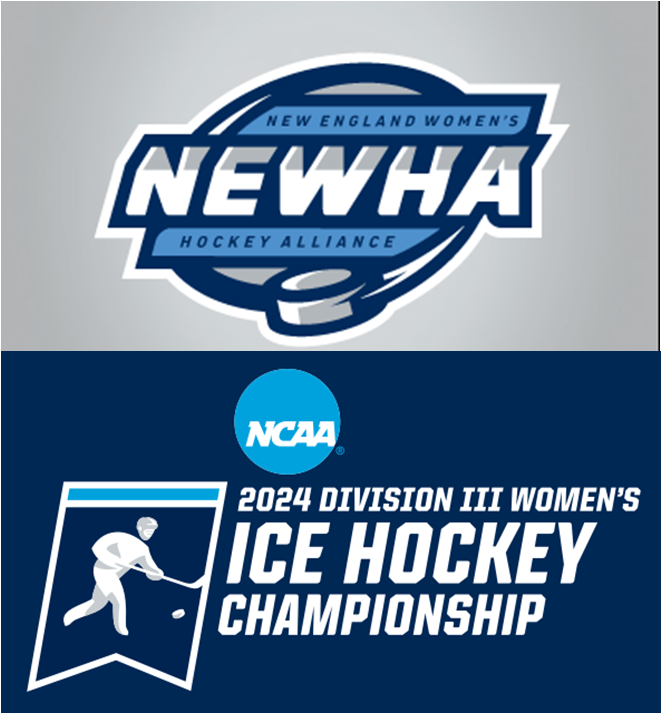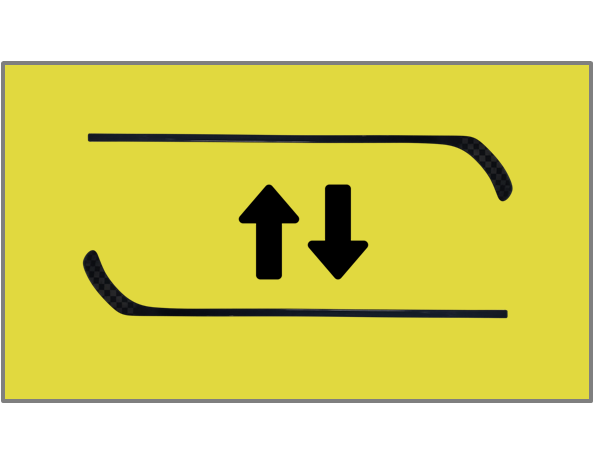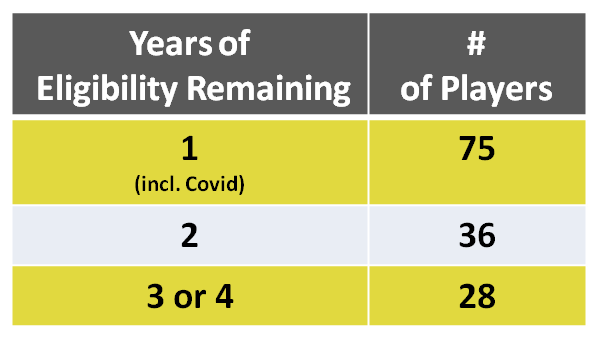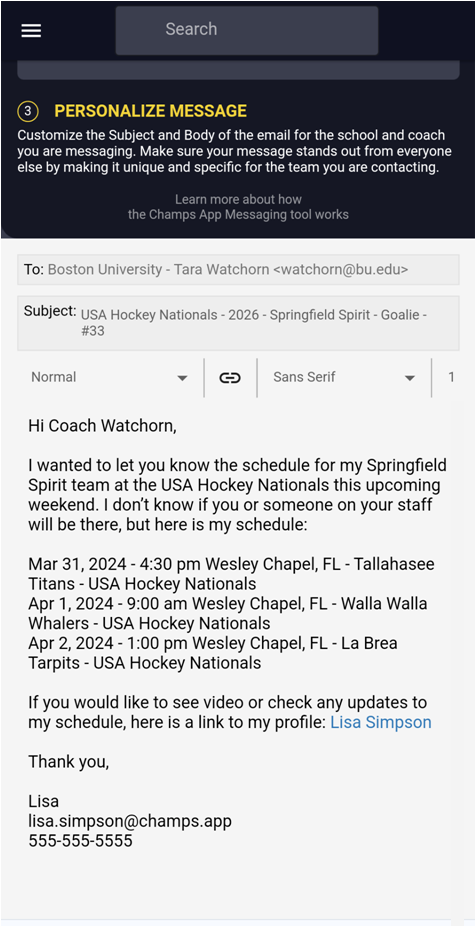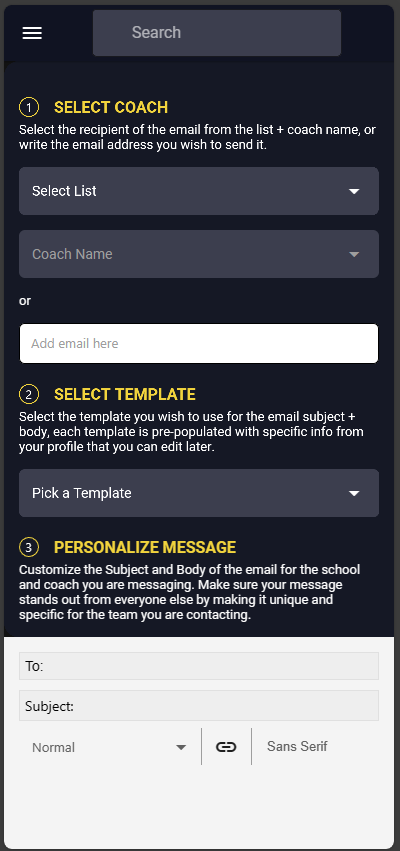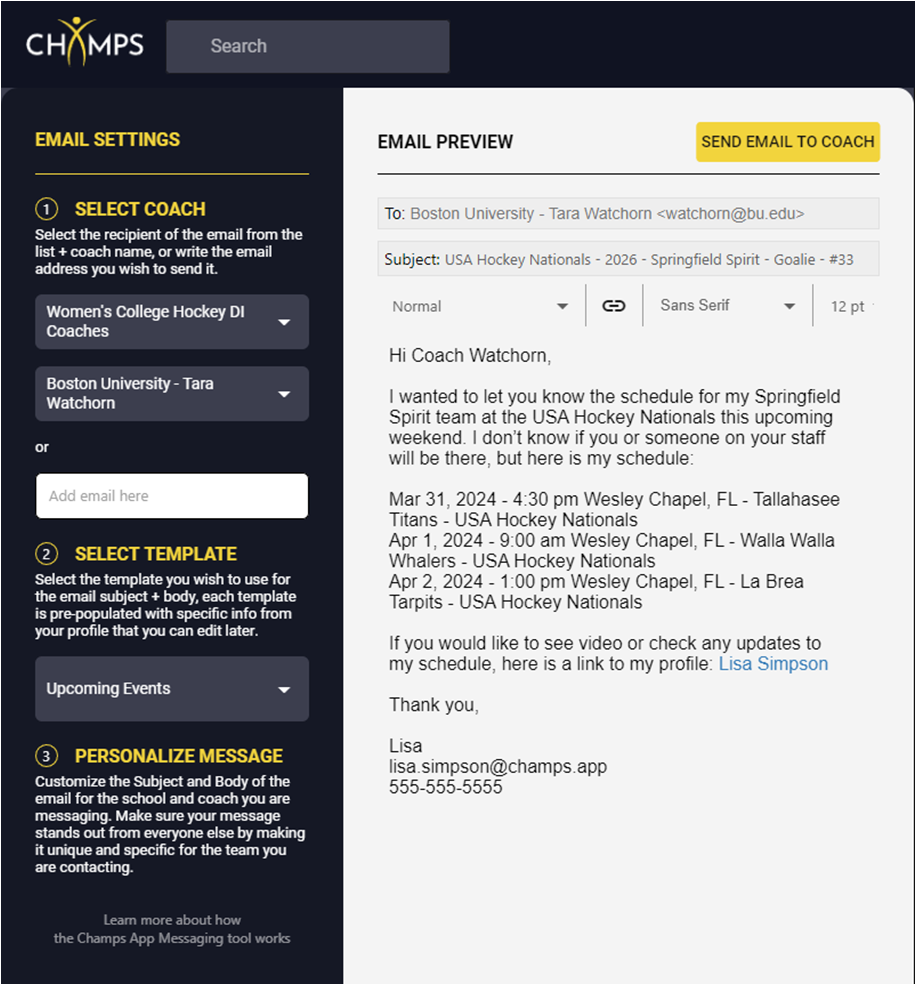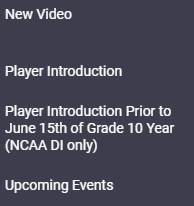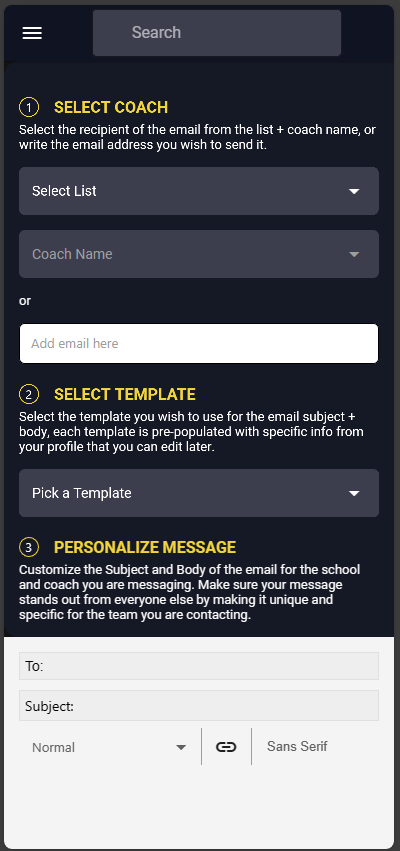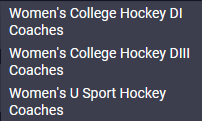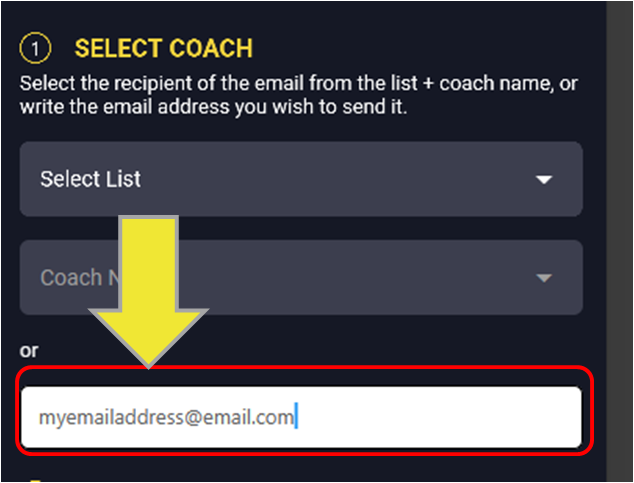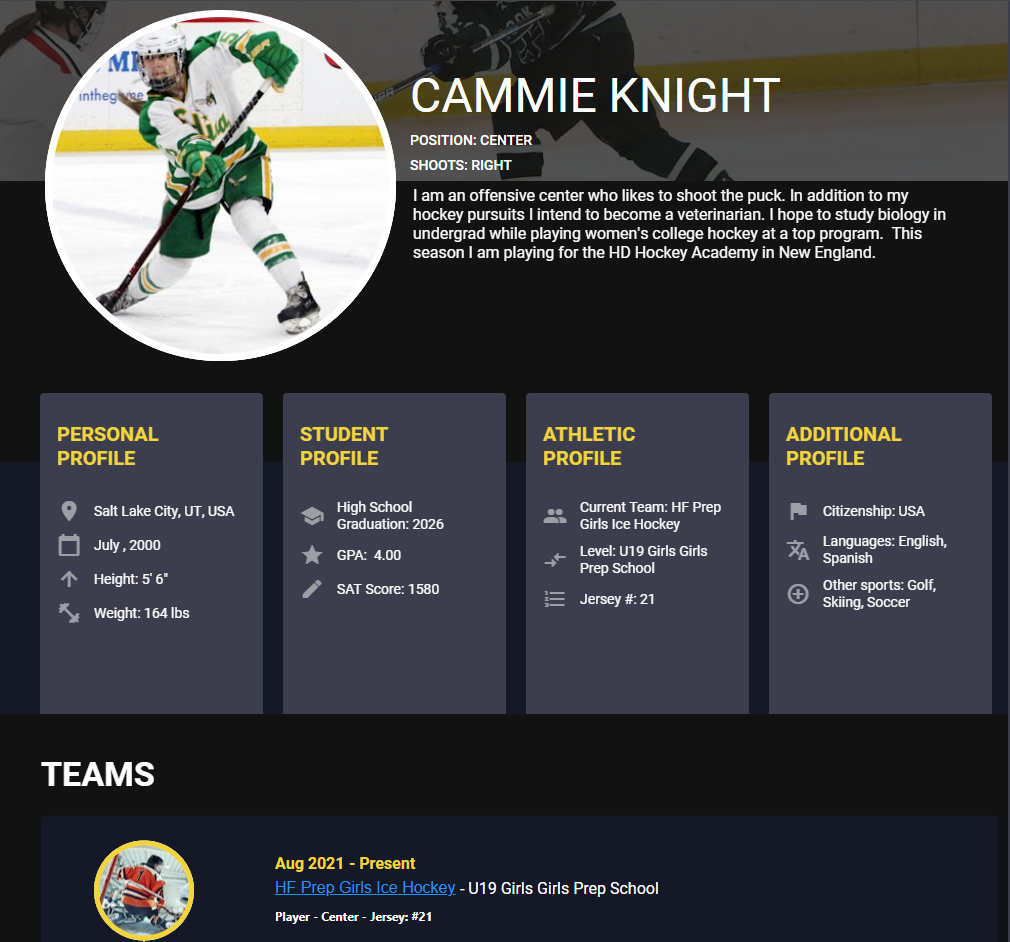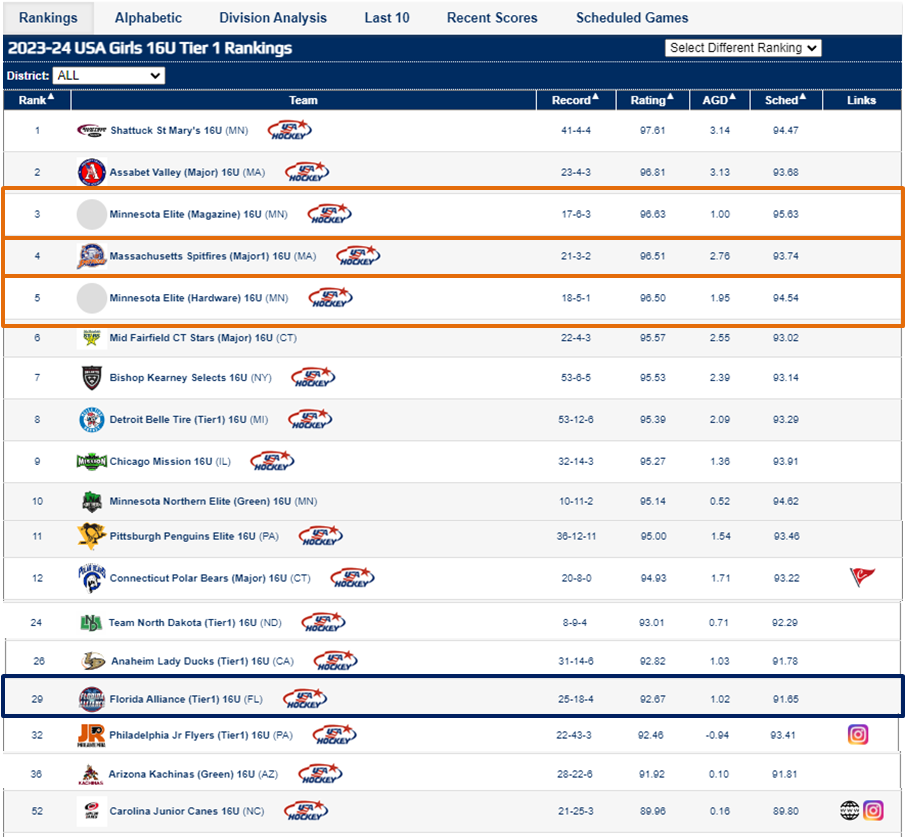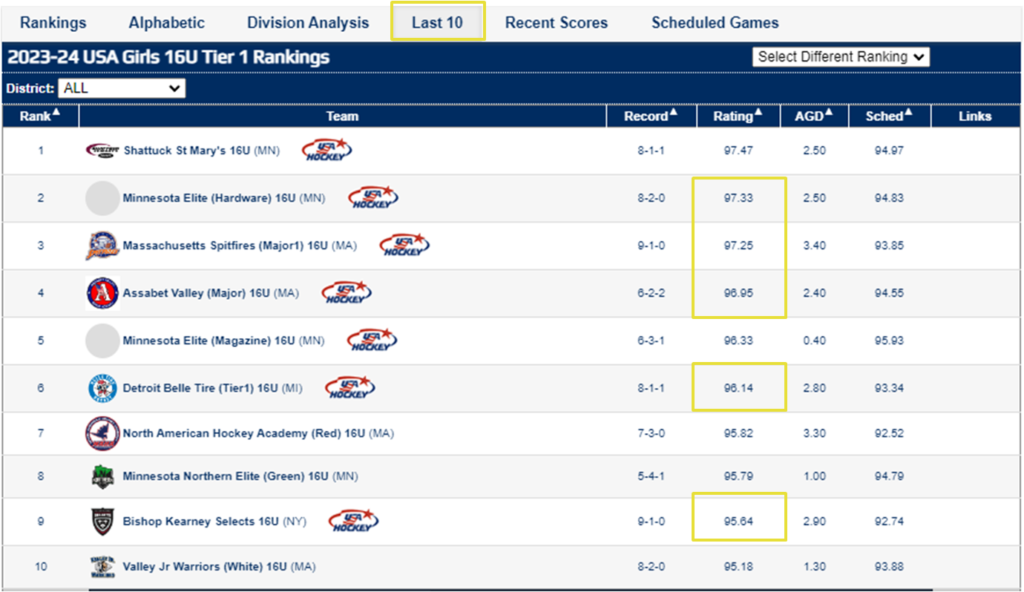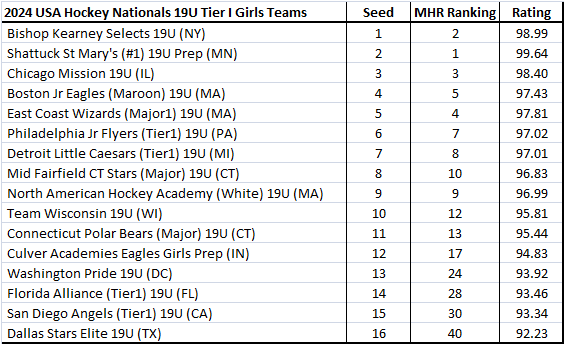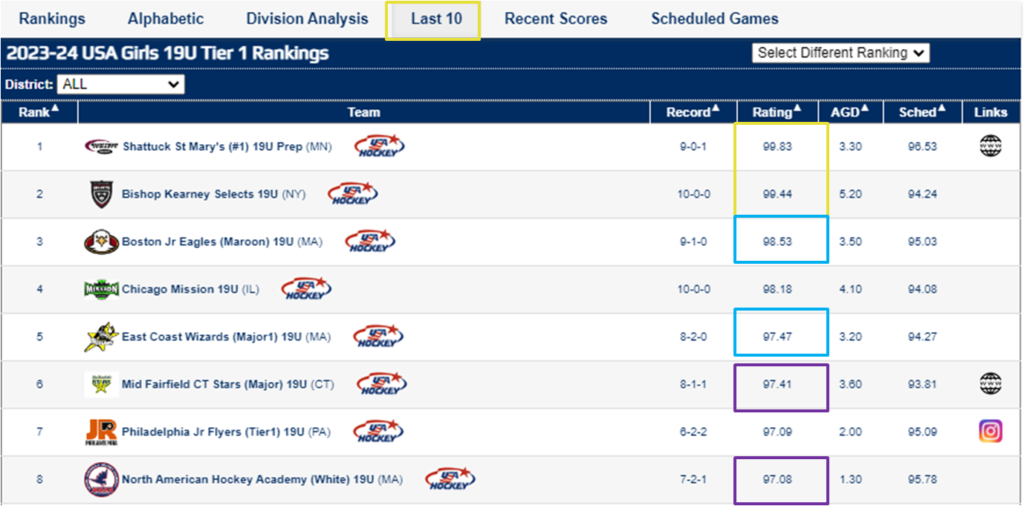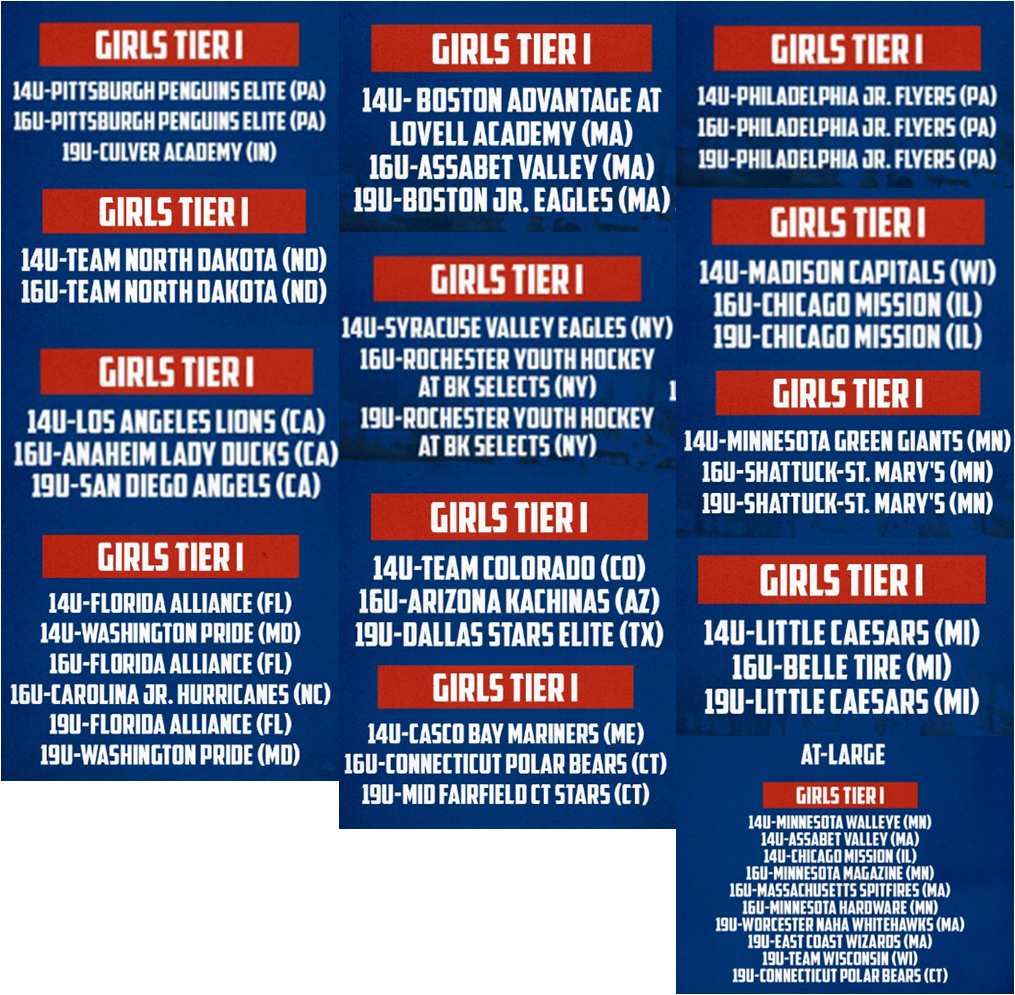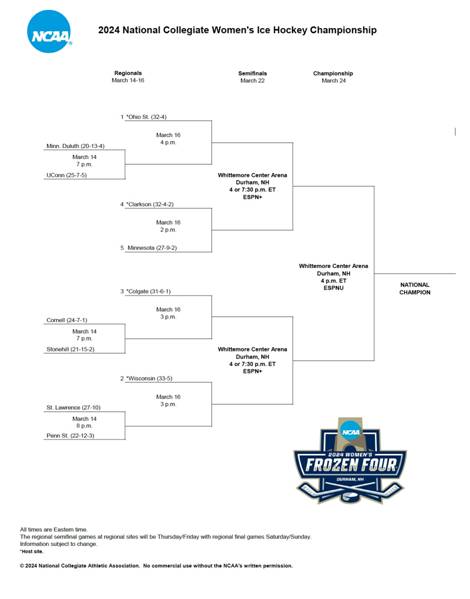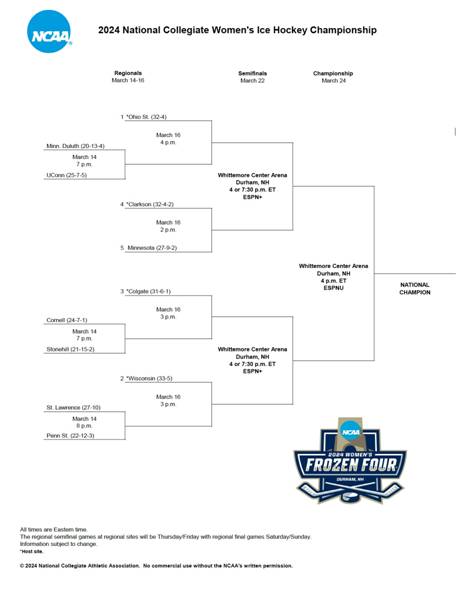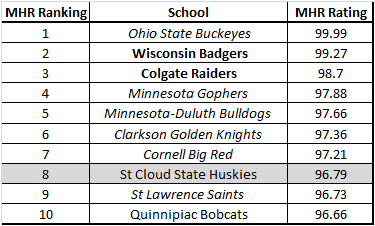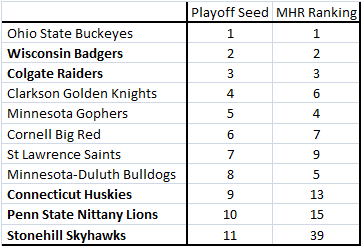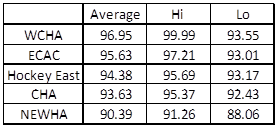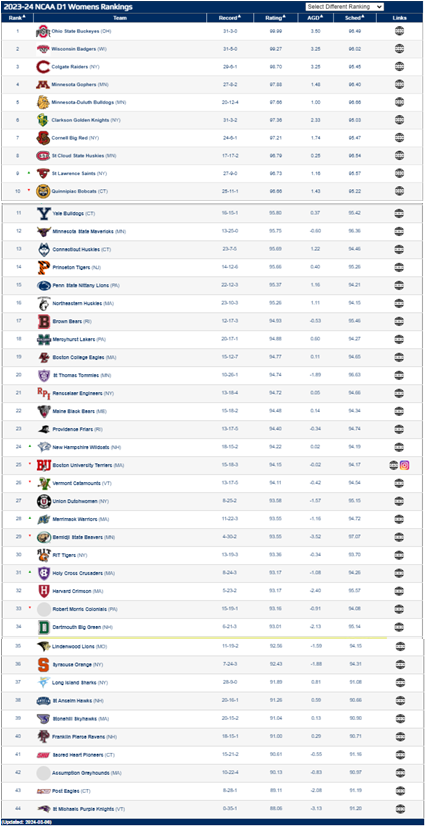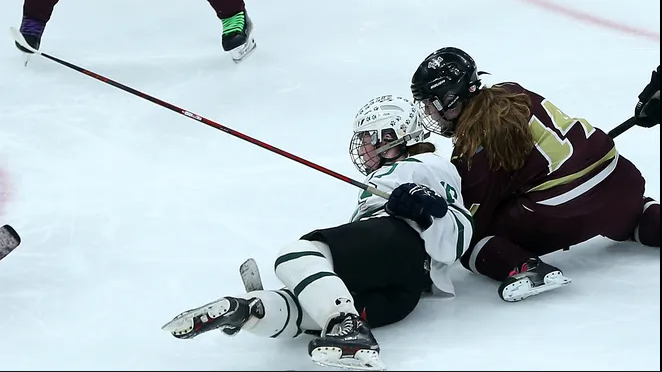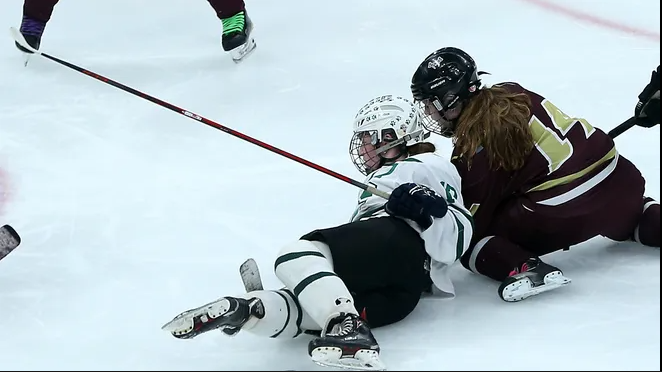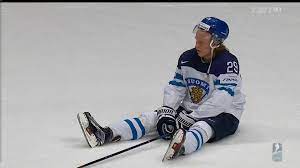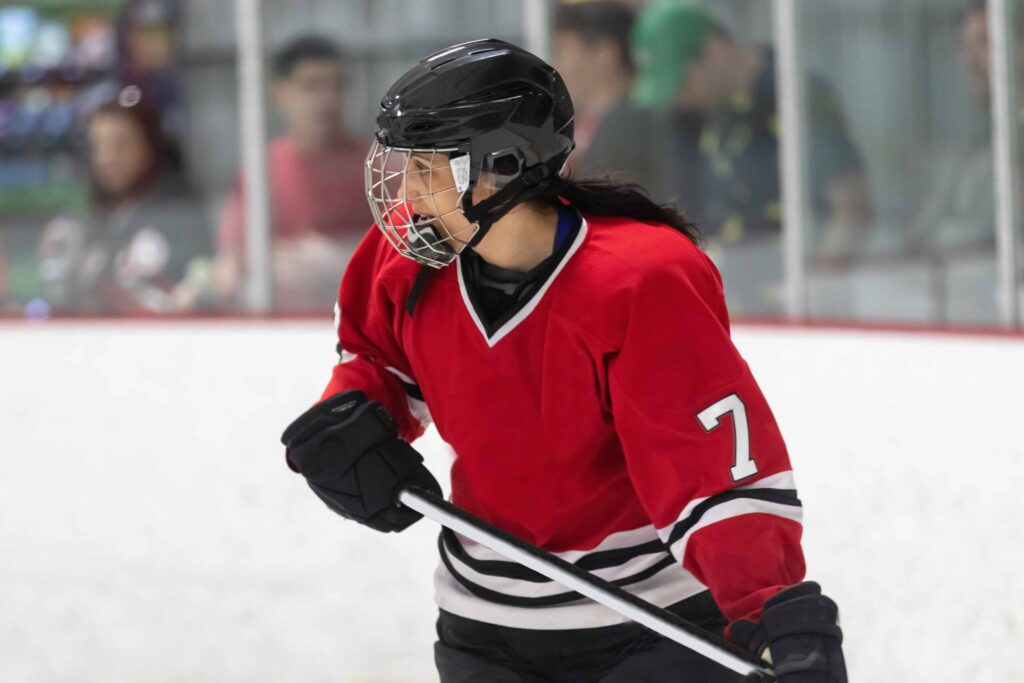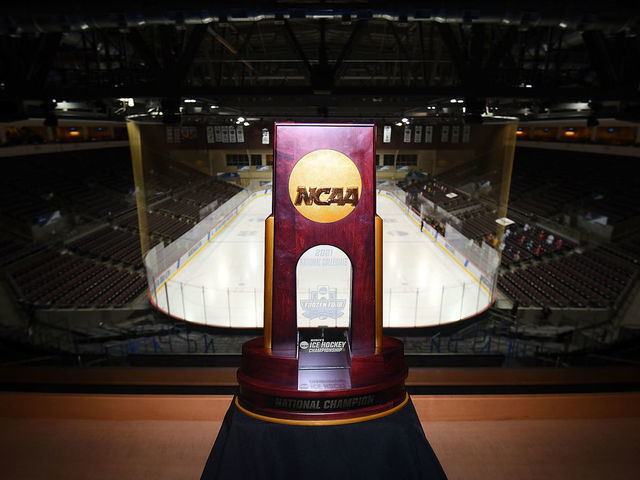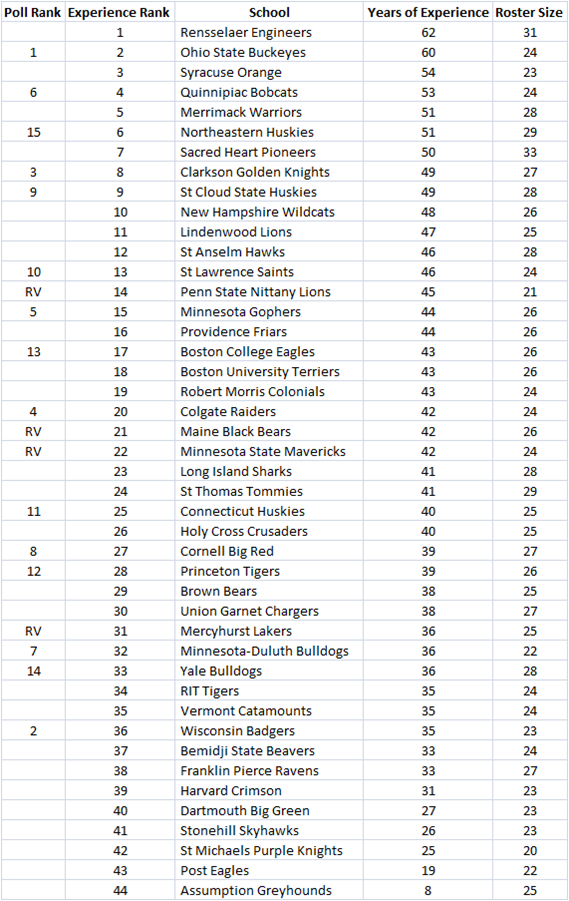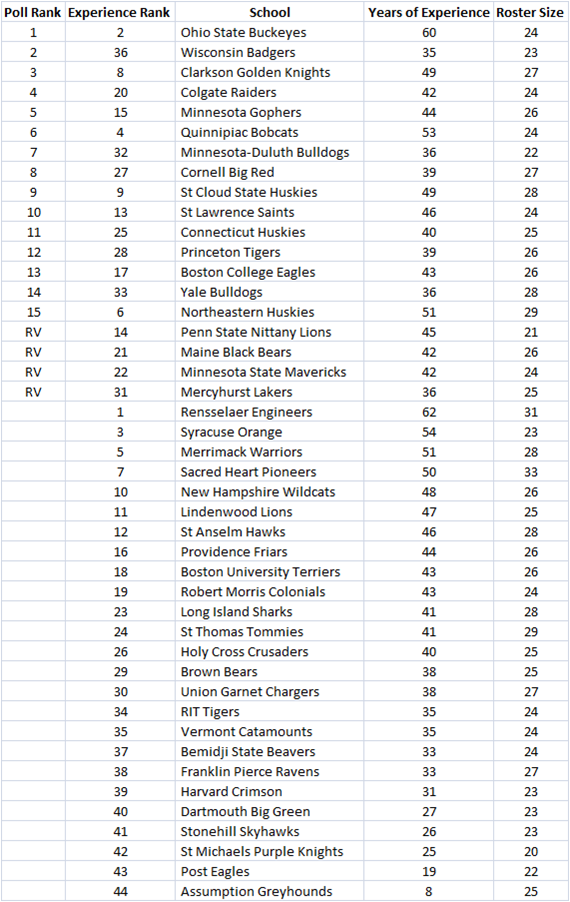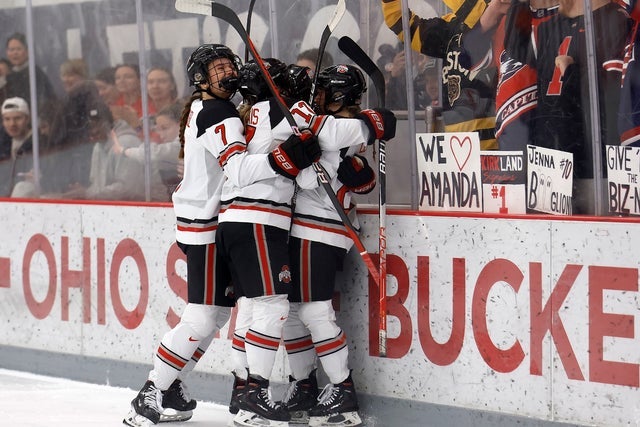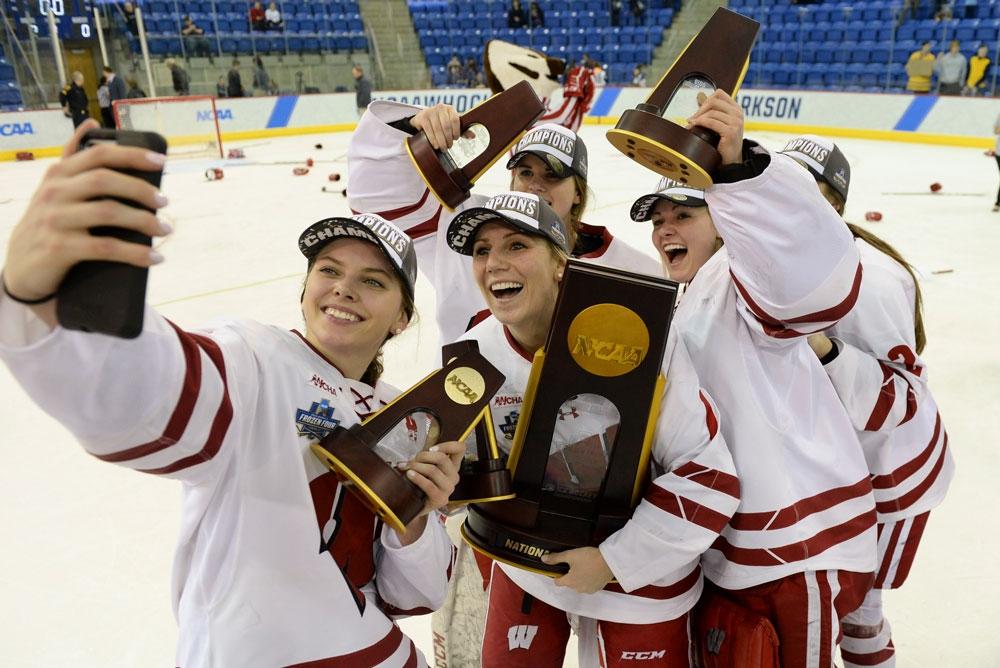
If your choice is between going to a NEWHA team and a top-rated DIII team, you should seriously weigh a number of factors into your decision rather than just being able to say “I play DI hockey”.
Before discussing the inputs to your decision between a NEWHA and a top DIII hockey school, let’s first set some context comparing the NEWHA conference and the top programs in DIII women’s hockey.
A while ago, I interviewed Kerstin Matthews back when she was the Head Coach at St Anselm College and she discussed how her team was really a DII team but played a DI schedule. She also explained how there are some DII and DI schools in the NEWHA. She gives a great explanation on how the NEWHA conference is now able to compete for the NCAA Women’s Hockey National Championship:
NEWHA Hockey
The NEWHA conference is very competitive and pretty well-balanced. Assumption and Stonehill were added over the past two seasons and they both had some success right away. There hasn’t been a single dominant team in recent years, with different conference champions the past few seasons. So within the NEWHA, players will experience a good level of competition throughout the season. In addition, as the programs mature at the DI level, one would hope that the level of play continues to elevate year-after-year.
However, the reality is that the NEWHA conference as a whole doesn’t fare very well against the rest of the DI women’s teams right now. This past season, the NEWHA Conference went 1-44 in their non-conference games. The one win was a 1-goal mid-week game in early January at the end of Christmas Break by Franklin Pierce against Dartmouth.
It’s great that the winner of the NEWHA Conference gets an automatic spot in the NCAA Women’s College Hockey playoffs. Every conference winner should get a berth. But the numbers show they aren’t even close to having one of the top 11 teams in the country to compete in the NCAA Playoffs. According to MyHockeyRankings, all 8 NEWHA teams were rated at the bottom of the DI Women’s Hockey rankings this past season. Thus, it is no surprise that the team representing NEWHA in the NCAA Playoffs has been outscored a combined 16-2 in the two games of the opening round the past two seasons.
Note: The NCAA just announced they will move from 11 to 12 teams in their NCAA Women’s DIII Hockey Playoff tournament.
Beyond the level of play, potential recruits should also be factoring in roster size and athletic scholarship money. Half the NEWHA teams had 27 or more rostered players, with Sacred Heart carrying 33 players. Given a maximum of 18 athletic scholarships per program, many student-athletes are paying there own way. And with a team only able to dress 20 or 21 players per game, several are being healthy scratched each game.
Do your research on academics
This post doesn’t cover the quality of academics at the schools being discussed because I don’t really know all the details of each school. However I have heard many times that the New England Small College Athletic Conference (NESCAC) schools are top-notch. The NESCAC includes top rated teams like Amherst, Middlebury, Colby College and Hamilton College. At the same time, every NEWHA and DIII school has disciplines that they are strong in that may line up with a potential recruits intended major. Doing your research and seeing if there is a good match is critical when looking at your options.
All of this should weigh into the decision of playing NEWHA vs high-level DIII.

NEWHA vs. Top DIII Hockey
Let’s now compare the level of hockey between the 8 NEWHA teams and the Top 8 DIII women’s hockey teams this past season.
NEWHA Conference 2023-24 MyHockeyRankings

DIII Women’s Hockey 2023-24 Top 8 MyHockeyRankings

As you can see, the top 8 DIII ratings are very similar to the NEWHA ratings – implying they are comparable in levels of play and would have competitive games between them. This is also likely why you hear some DIII coaches say that they could beat a DI team.
How to decide
Rather than just focusing on just DI vs DIII, the following factors should really be prioritized before making a decision:
- Academics / Education
- Cost
- Potential for individual and team hockey success (winning, playoffs etc.)
- Cultural fit with team and school
- Playing Time
- Being able say “I play(ed) DI hockey”
Depending on your expected role on the team, it seems that all else being equal, the school/academics should be the most important factor in your decision.
At Champs App, we have discussed at length all the attributes to consider when deciding on a women’s college hockey program, but this specific choice of alternatives seems to really highlight the need to figure out your personal priorities and the importance of selecting the right academic opportunity for you.
